50+ Sample Private Contracts
-
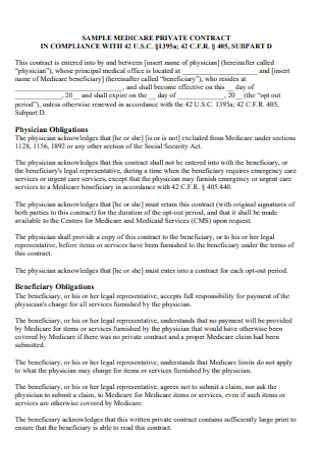
Sample Medicare Private Contract
download now -
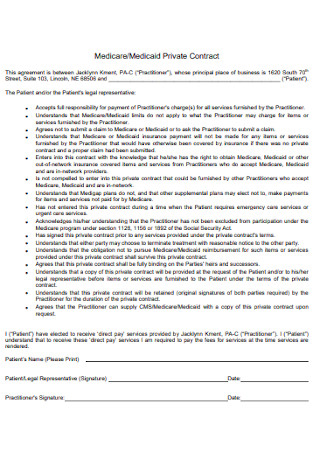
Medicaid Private Contract
download now -
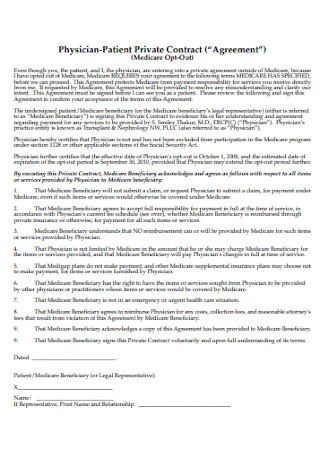
Physician-Patient Private Contract
download now -
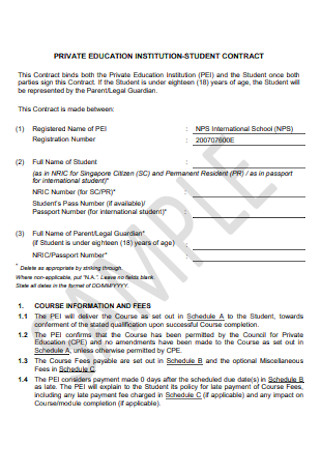
Private Education Institution Student Contract
download now -
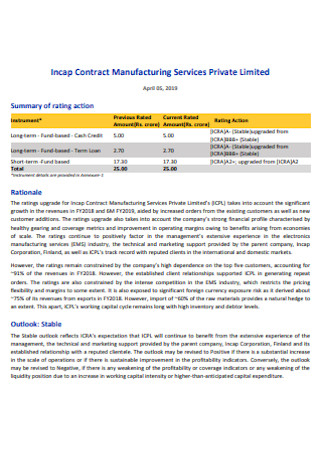
Contract Manufacturing Services Private
download now -
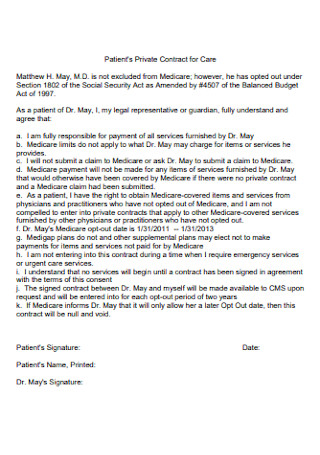
Patient’s Private Contract for Care
download now -
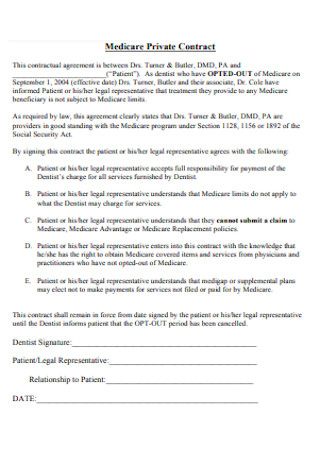
Simple Medicare Private Contract
download now -
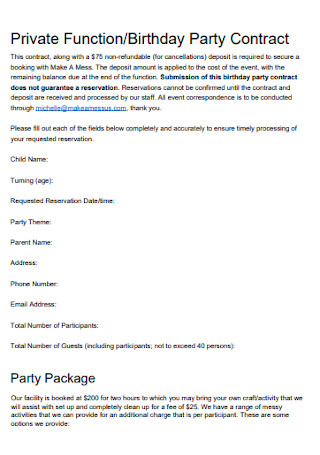
Private Function and Birthday Party Contract
download now -

Private Contract for Healthcare Services
download now -
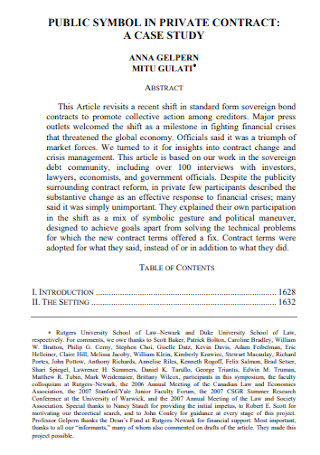
Public Symbol Private Contract
download now -
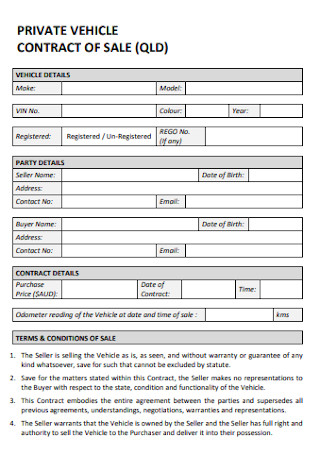
Private Vehicle Contract of Sale
download now -

Sample Private Tutoring Contract
download now -
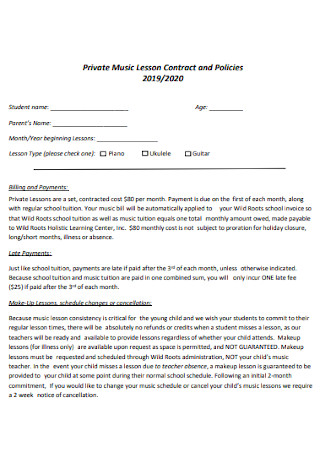
Private Music Lesson Contract
download now -
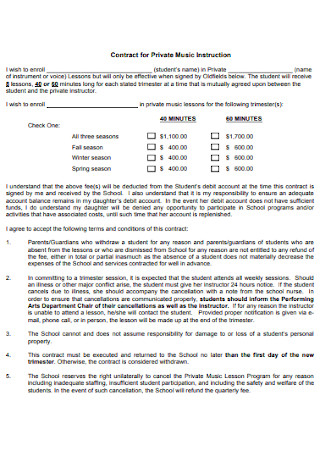
Private Contract for Music Instrument
download now -
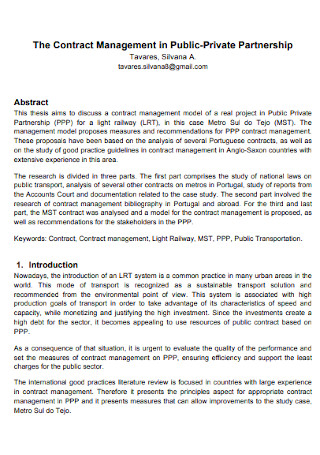
Contract Management in Private Partnership
download now -
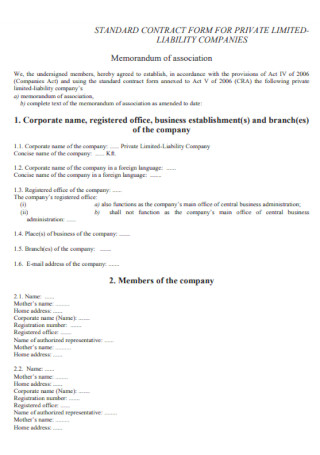
Private Company Contract
download now -
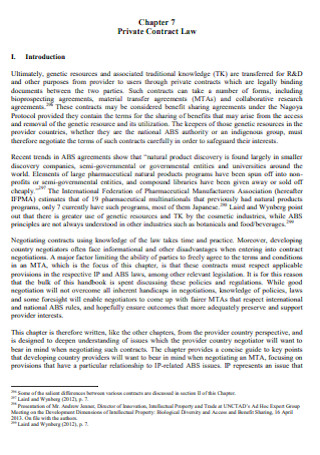
Private Contract Law
download now -
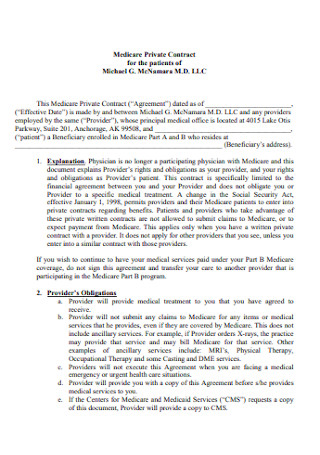
Private Contract for the Patients
download now -
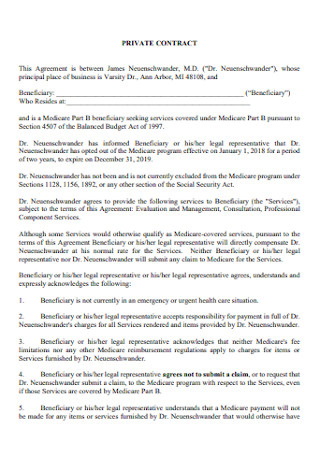
Private Contract Format
download now -
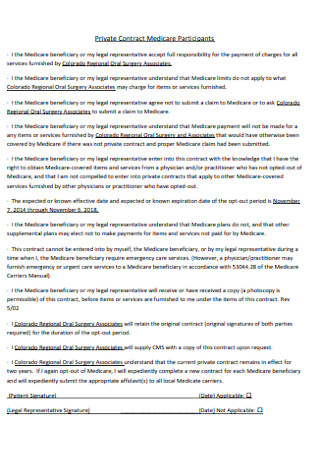
Private Contract Medicare Participants
download now -
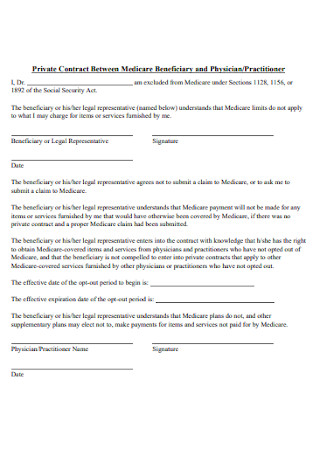
Private Contract for Physician
download now -
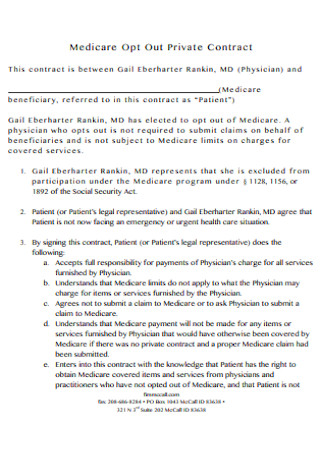
Medicare Opt Out Private Contract
download now -
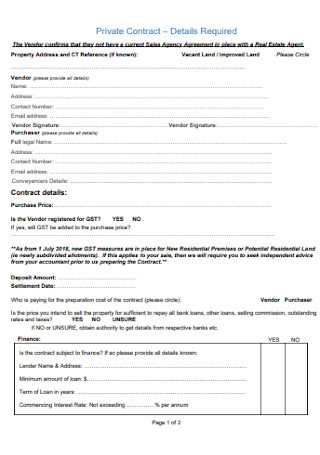
Basic Private Contract Template
download now -
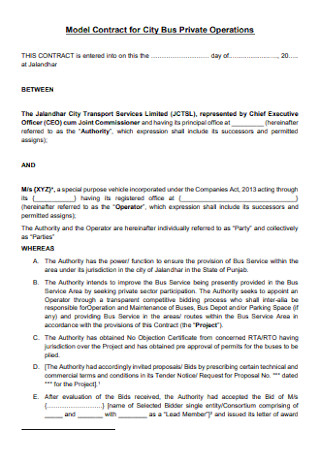
Contract for City Bus Private Operations
download now -
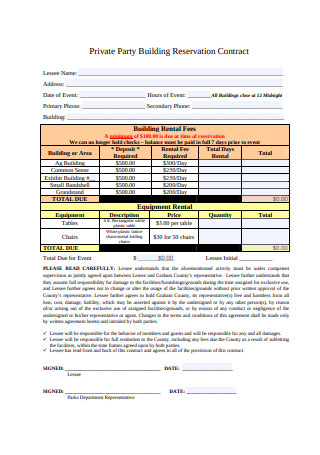
Private Party Building Reservation Contract
download now -
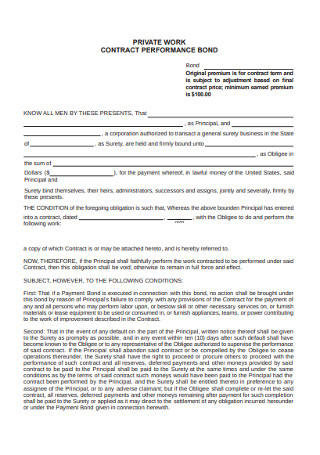
Private Work Contract
download now -
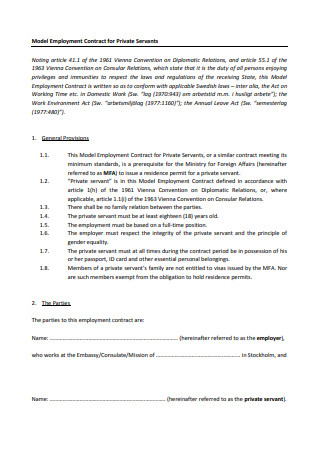
Employment Contract for Private Servant
download now -
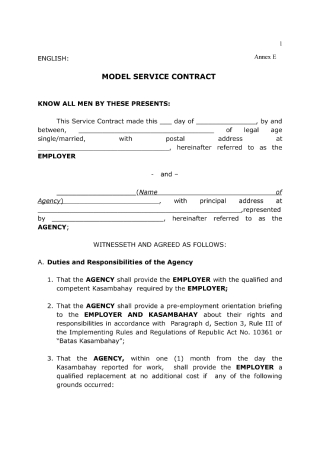
Model Private Agency Contract
download now -

Private Consulting Contract
download now -
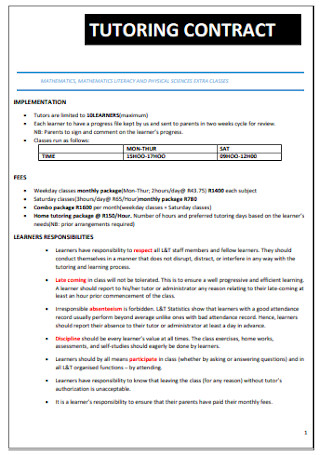
Private Tutoring Contract
download now -
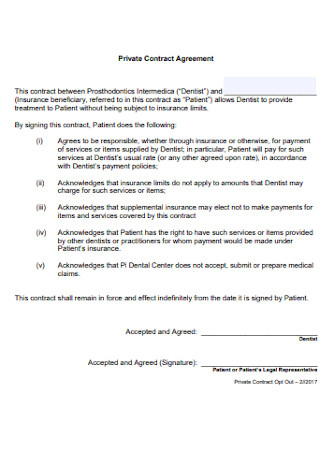
Private Contract Agreement
download now -
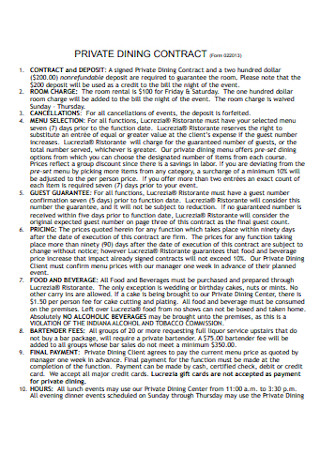
Private Dining Contract
download now -
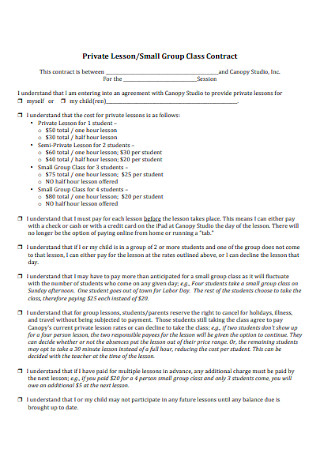
Private Lesson and Class Contract
download now -

Formal Private Contract Template
download now -
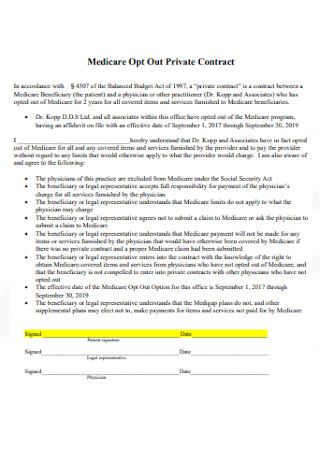
Medicare Opt Out Private Contract Format
download now -

Private Companies Contract
download now -
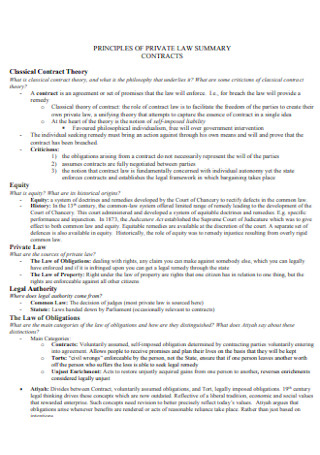
Private Law Summary Contract
download now -
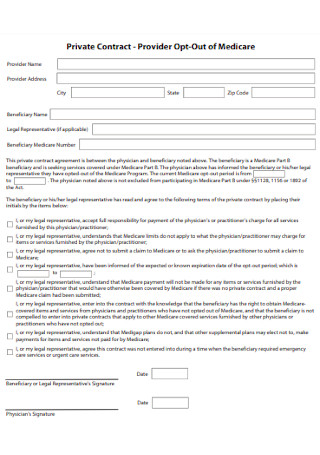
Standard Private Contract
download now -
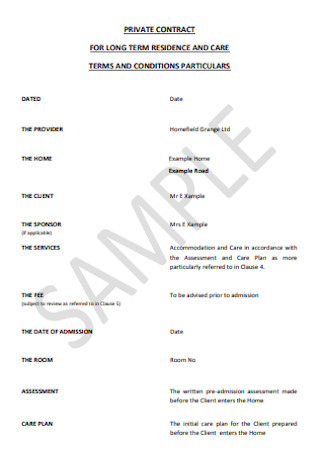
Private Contract for Long Term Resident
download now -
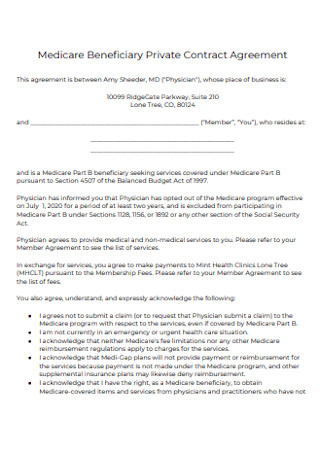
Medicare Beneficiary Private Contract Agreement
download now -
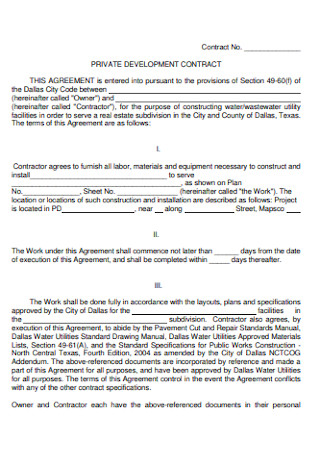
Private Development Contract
download now -
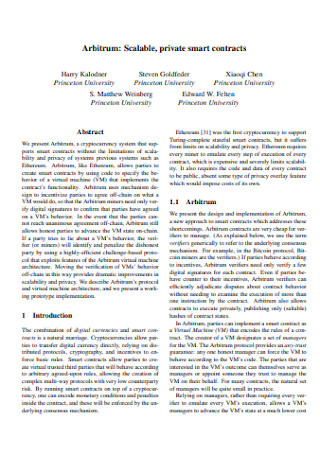
Private Smart Contract
download now -
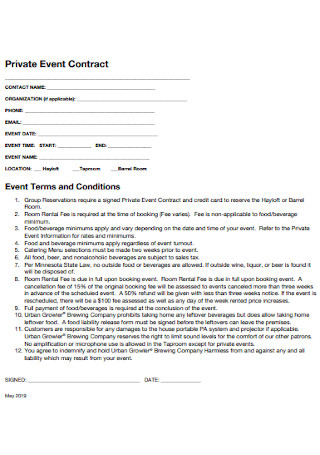
Private Event Contract
download now -
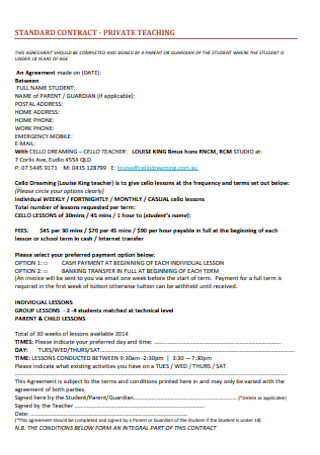
Private Teaching Contract
download now -

Private Contract Submittal Form
download now -
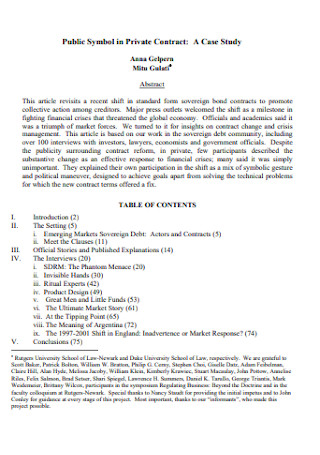
Public Symbol in Private Contract
download now -
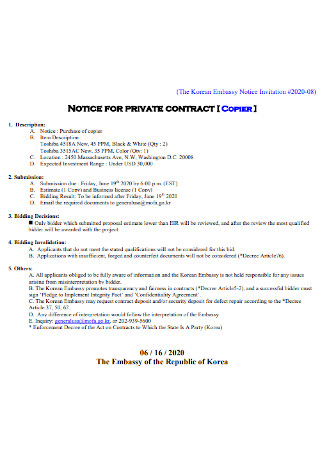
Notice for Private Contract
download now -
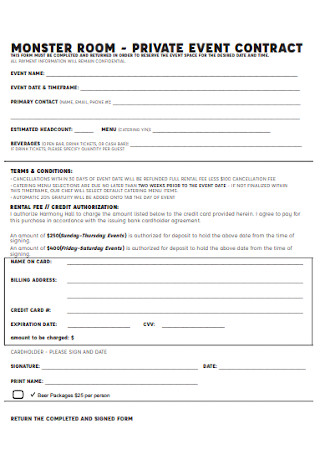
Private Event Contract Form
download now -

Private Dining Room Rental Contract
download now -
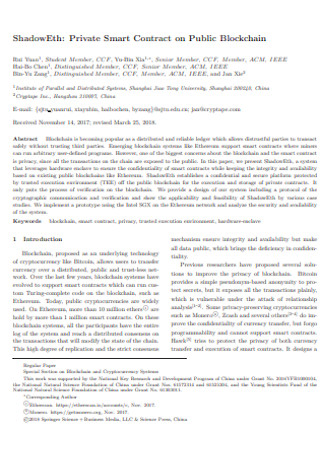
Private Smart Contract on Public Blockchain
download now
FREE Private Contract s to Download
50+ Sample Private Contracts
What is a private contract?
Types of Private Contracts
How to Write a Private Contract
What happens if I breach a private contract?
If contracts are illegal, are they still enforceable?
What should one do if the other party dissents some parts of the contract?
What is a private contract?
A private contract is an agreement or understanding created by private party that is reviewed by a board of directors regarding an issue that concerns disposable items or assets that are sold by the company for instance. It could also be an agreement between someone who owns property, or an acting agent or representative, and an interesting buyer. It is a written form of transaction and the setting of parameters for the parties involved, and are ultimately signed once negotiated on and agreed upon. The private parties then create a mutual obligation towards each other, one that is enforced by the law since private contracts are inherently legally binding. The terms and conditions written in the document are understood to be accepted and consented to by the parties.
Types of Private Contracts
In the event that you are wondering what the various types of contracts are, it is very likely that this hunger for thought is dwelling on the idea of business transactions and agreements. A private contract is a lawfully authoritative arrangement between at least two gatherings in which a trade of significant worth is made, hence, the agreement’s motivation is to set out the important and key aspects of the transaction and create a record of the discussed agreements which can be brought forth in legal settings if needed. There are a lot of different kinds of private contracts, each with its own utilization and reason. Here are the types of private contracts.
How to Write a Private Contract
Private contracts are inherently important to the causes and conditions they are meant to uphold. Hence, it is very important for the process of creating it to follow certain structures and embody specific content that will be essential to make the document holistic, legitimate, and fair. Writing a private contract is relatively easy and could truly be done by parties with the help of legal aid from lawyers, for instance, and with the assurance of everyone involved giving their approval to the content of the contract itself. Contracts are made to make sure that all the interests of the parties are catered to and not neglected, which is why one should see to it that they are properly written. This is how you can write a private contract.
Step 1: Making the Contract
Contracts usually follow certain formats that may vary depending on the kind of agreement that will take place between the parties at hand. You may first take note of the important details to be included within the document in order for you to have a sort of outline that could guide you into remembering which points have to appear. You may include the name of the parties, which could be names of individual people, or businesses. In the latter case, you are to write the business’s full legal title, and even specify if it is a limited liability company, or a corporation for instance. The nature of the transaction itself may also be included in the outline. Afterwards, you may look for a contract template online that is very favorable to the outline that you have just made. You may also utilize the sample contracts above as reference.
Step 2: Securing Confidentiality
Because you are dealing with a private contract, perhaps it is integral for you to keep everything clandestine. There may be certain information that the private contract contains that are sensitive, or perhaps just are things that you would want not to be disclosed to external parties. That is why it is important for you to take note of the important of securing the confidentiality of your agreement. You may do this through the use of a confidentiality clause which may be inserted along the lines within the private contract itself, or you may have a non-disclosure agreement as an addendum in order to make sure that all parties consent to the terms of absolute privacy. These are done in order for all of the involved parties to swear not to disclose each other’s personal information, for businesses to mutually agree that trade secrets are kept undisclosed, or perhaps to make sure that the other party understands the need to return certain files, documents, or information after the contract expires. All in all, the effort to secure confidentiality serves as a safety net for your interests and your assets as well.
Step 3: Stating the Termination Date
It is important for the termination date to be clear between the parties involved in order for lines to be drawn explicitly. This means that for short-term contracts, all of you are aware about the official end of the transaction. For long-term and on-going agreements, on the other hand, this is also still important, and you may want to note that each party is given perhaps a 45-day notice, should either decide to end the contract. This is also very important for legal reasons. Moreover, it is also worth noting that under this section, you are to state the circumstances that may be considered as a breach of contract, hence, are punishable. These circumstances should be discussed in the contract, and the penalty should be explicitly stated as well. Other breaches may also lead to the contract becoming null and void, however, that is completely up to the parties involved. You may also include dispute resolution terms for safety measures, and to be guided with how you are going to deal with breaches.
Step 4: Seeking for Legal Guidance
Because private contracts are a legally binding document, it is important for you to make sure that its content is in accordance with the law. You may do this through executing a research, or you may ask a lawyer’s advice. It is essential for you to see to it that your contract does not violate any federal or state laws, and that it respects individuals’ or companies’ protected attributes.
What happens if I breach a private contract?
In instances wherein you happen to have a breach of contract, that means that you are entitled to the punishments stated in the contract itself. In some instances, you may be asked to pay a certain fee for compensation, and in some cases, the contract may be terminated if either of the parties ever violate it. The result is completely arbitrary, but there will truly be repercussions because contracts involve the law with them. You may also face a lawsuit.
If contracts are illegal, are they still enforceable?
The moment a contract is identified to be illegal, then the law will be taking no part in the transaction or agreement that happened between the parties. If a contract is deemed illegal, then it will be as if the contract was never a legitimate agreement in the first place, hence its content will not be recognized by authorities. A court will refuse to enforce the conditions found within it, and will consider everything it holds to be null and void.
What should one do if the other party dissents some parts of the contract?
A contract is made to make sure that all the parties involved, as well as their interests, are served at the end of the day. This means that dissent is completely valid and to be acknowledged. If a party dissents some parts of the contract, then that means that a negotiation is to take place between the entities. A middle ground has to be reached, and if needed, they may consult legal aid i.e. a lawyer in order to make sure that the terms are fair for everyone.
Private contracts are important in making sure that everyone gets something from each other within a transaction, and in order to make sure that rights and protected attributes are still going to be upheld all throughout the agreement. Legally binding agreements are inherently important especially in business because you are going to have to make a lot of deals that need legal backing in order for entities to take accountability when needed, and in order to provide fairness and equality for everyone. This is why it is very essential for you to be familiarized with one, and know how to work through possible disputes that may arise involving the content.
